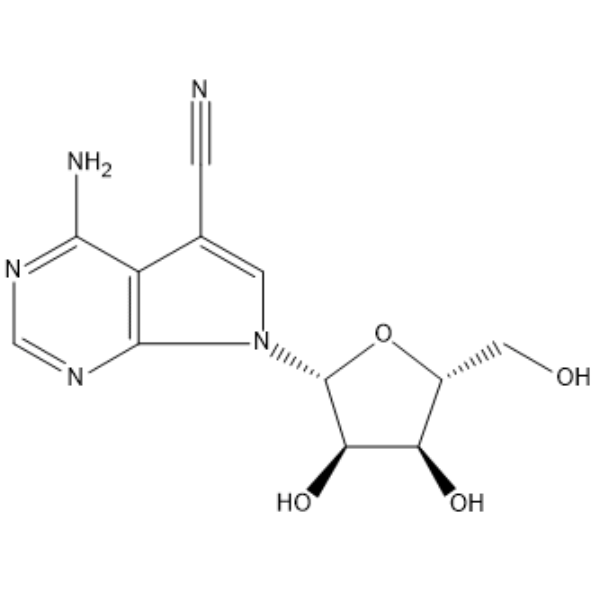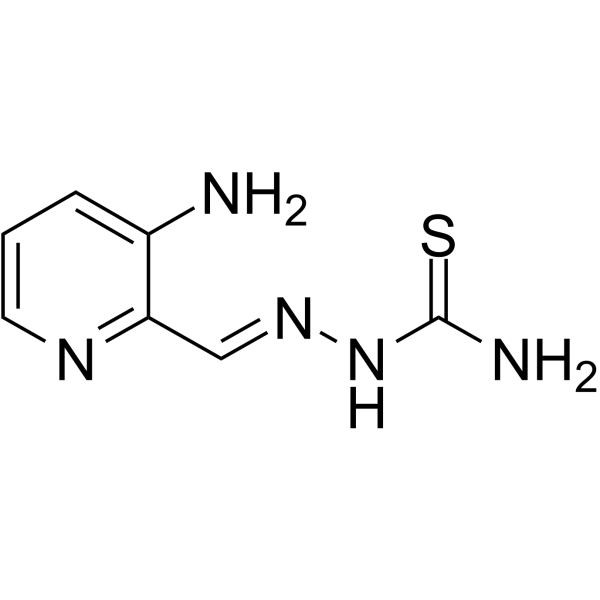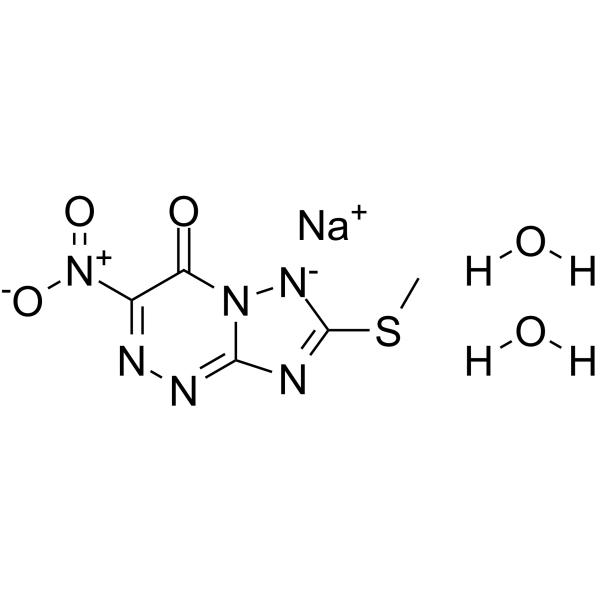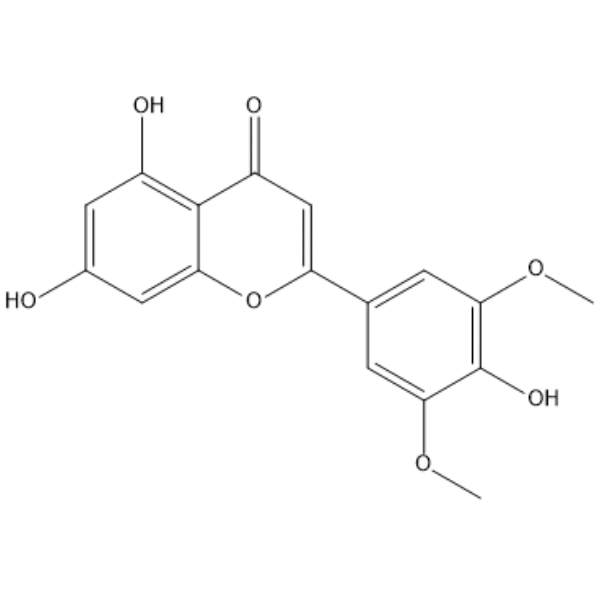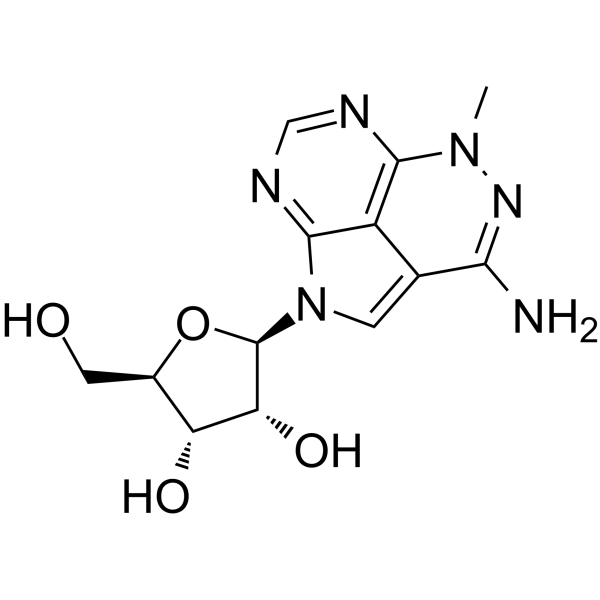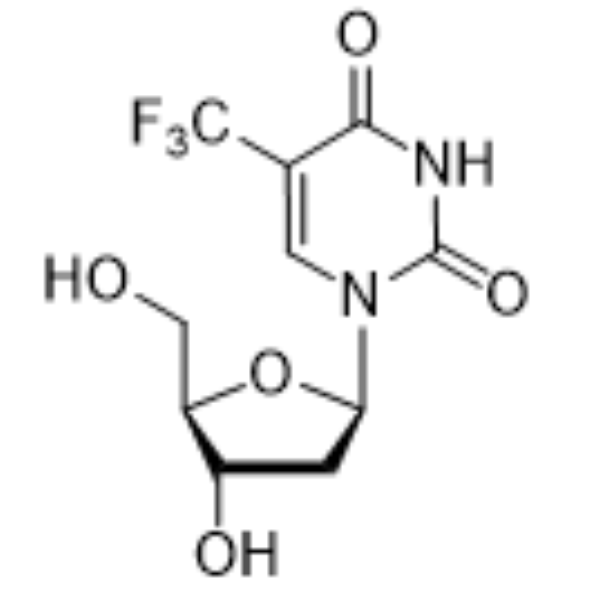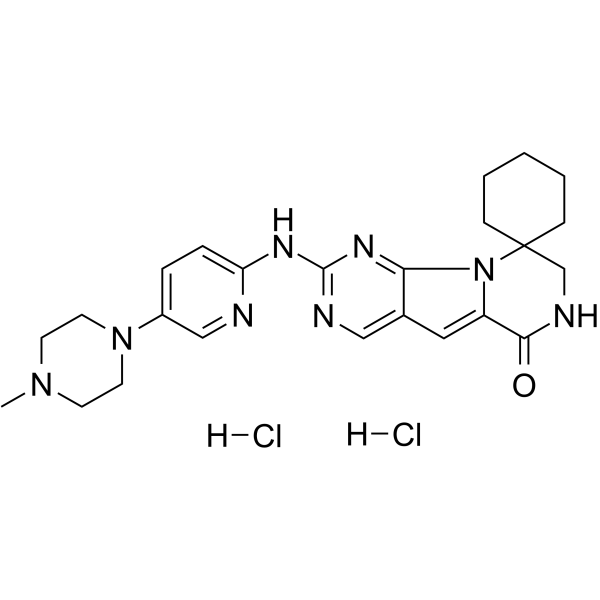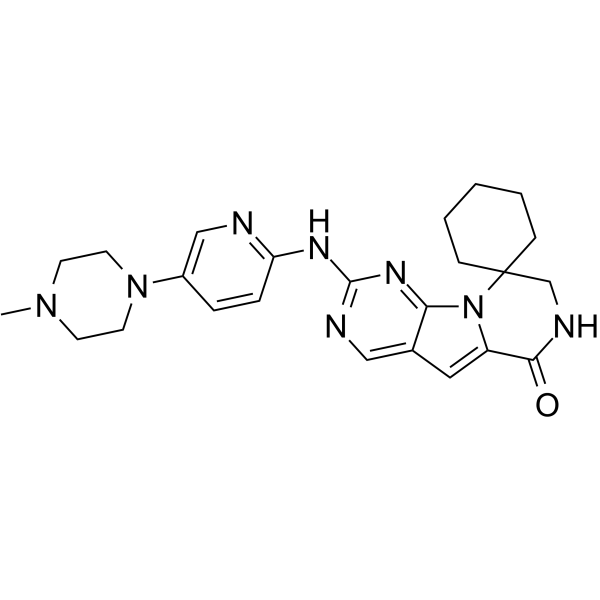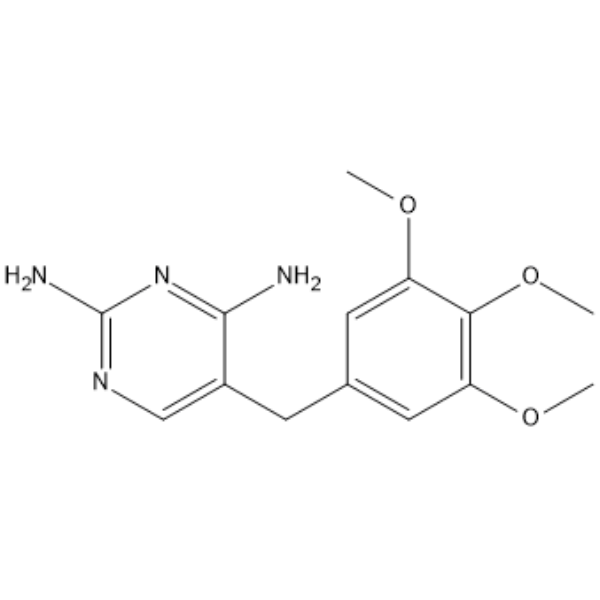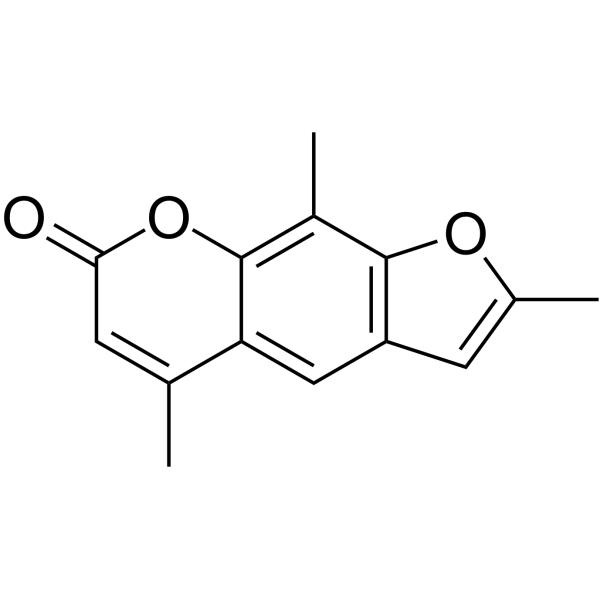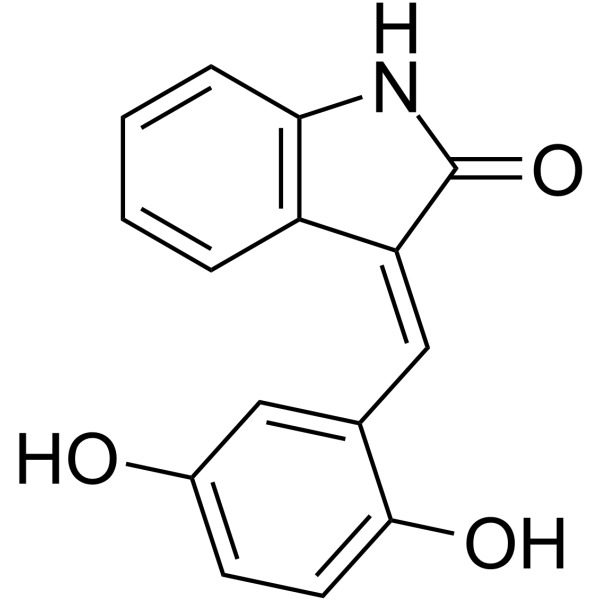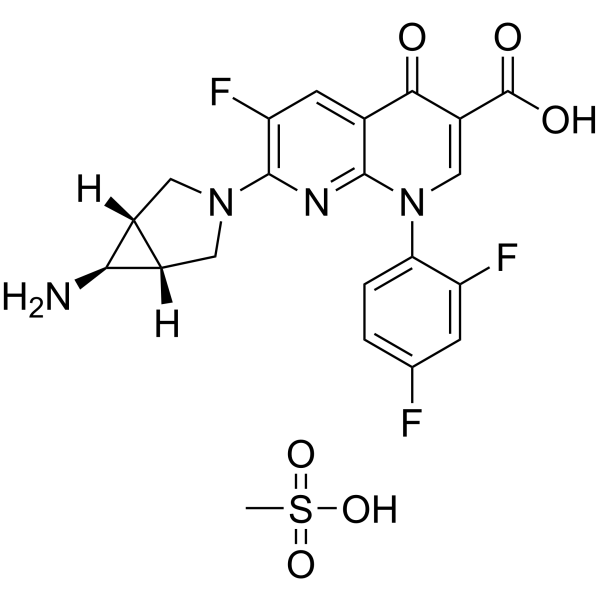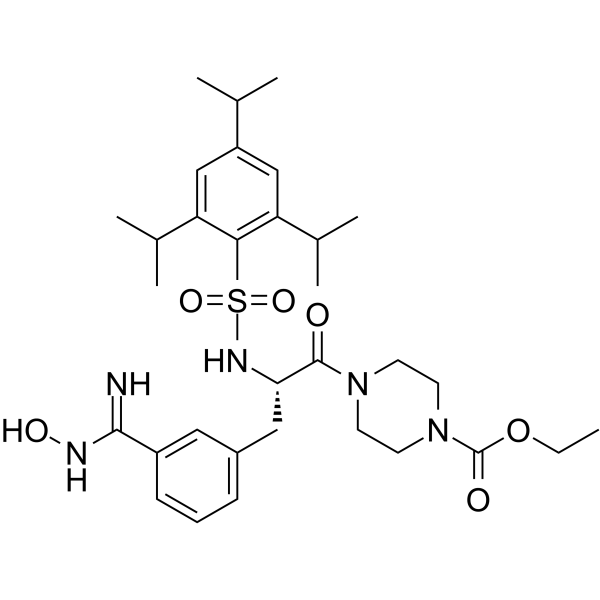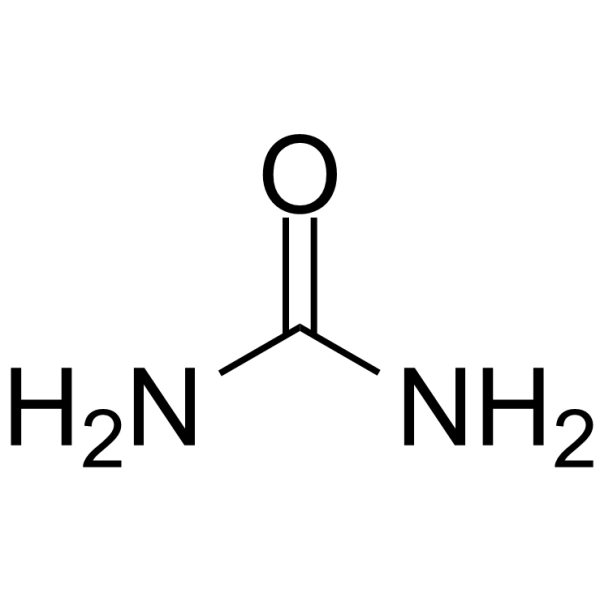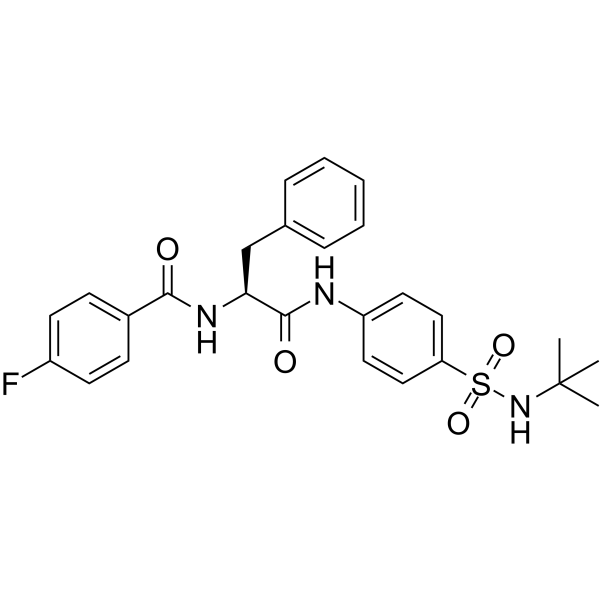|
BP13549
|
Torilin
|
|
|
|
|
Torilin is an inhibitor of testosterone 5 alpha-reductase, it (IC50 = 31.7 +/- 4.23 microM) shows a stronger inhibition of 5 alpha-reductase than alpha-linolenic acid (IC50 = 160.3 +/- 24.62 microM) but is weaker than finasteride (IC50 = 0.38 +/- 0.06 microM). Torilin has immunomodulatory, hepatoprotective, and anti-inflammatory properties, it inhibits inflammation by limiting TAK1-mediated MAP kinase and NF-κB activation, it can attenuate arthritis severity, modify leukocyte activations in dLNs or joints, and restore serum and splenocyte cytokine imbalances. Torilin inhibits melanin production in alpha-melanocyte stimulating hormone-activated B16 melanoma cells, with an IC(50) value of 25 microM. Torilin shows excellent antimicrobial activity against Bacillus subtilis ATCC 6633 spores and vegetative cells. Torilin has a potent anti-angiogenic activity both in vivo and in vitro, and it may have a strong activity to suppress tumorigenesis by inhibition of tumor invasion, it reverses multidrug-resistance in cancer cells, it can potentiate the cytotoxicities of adriamycin, vinblastine, taxol and colchicine against multidrug-resistant KB-V1 and MCF7/ADR cells.
|
|
BP13550
|
Toyocamycin
|
|
|
|
|
Toyocamycin is an adenosine analog produced by Actinomycete, acts as an XBP1 inhibitor, inhibits IRE1α-induced ATP-dependent XBP1 mRNA cleavage (IC50: 80 nM). Toyocamycin induces apoptosis.
|
|
BP13551
|
TP-353
|
|
|
|
|
TP353 is a CDK7 inhibitor.
|
|
BP13552
|
3-AP
|
|
|
|
|
Triapine is a novel inhibitor of the M2 subunit of ribonucleotide reductase (RR).
|
|
BP13553
|
Triazavirin
|
|
|
|
|
Triazavirin is a nucleoside analogue of nucleic acid and an antiviral agent.
|
|
BP13554
|
Tricin
|
|
|
|
|
Tricin can inhibit human cytomegalovirus (HCMV) replication by inhibiting CDK9. Tricin inhibits the proliferation and invasion of C6 glioma cells via the upregulation of focal-adhesion-finase (FAK)-targeting microRNA-7.
|
|
BP13555
|
Triciribine
|
|
|
|
|
Triciribine is a DNA synthesis inhibitor, and it also inhibits Akt and HIV-1/2.
|
|
BP13556
|
Trifluridine
|
|
|
|
|
Trifluridine is a fluorinated thymidine analog with potential antineoplastic activity. Trifluridine is incorporated into DNA and inhibits thymidylate synthase, resulting in inhibition of DNA synthesis, inhibition of protein synthesis, and apoptosis. This agent also exhibits antiviral activity.
|
|
BP13557
|
Trilaciclib hydrochloride
|
|
|
|
|
Trilaciclib hydrochloride is an inhibitor of CDK4/6 (IC50s: 1 nM and 4 nM for CDK4 and CDK6).
|
|
BP13558
|
Trilaciclib
|
|
|
|
|
Trilaciclib is an inhibitor of CDK4/6 (IC50s: 1 nM and 4 nM for CDK4 and CDK6, respectively).
|
|
BP13559
|
Trimethoprim
|
|
|
|
|
Trimethoprim is a Dihydrofolate Reductase Inhibitor Antibacterial. The mechanism of action of trimethoprim is as a Dihydrofolate Reductase Inhibitor, and Cytochrome P450 2C8 Inhibitor, and Organic Cation Transporter 2 Inhibitor.
|
|
BP13560
|
Trioxsalen
|
|
|
|
|
Trioxsalen is a furanocoumarin and a psoralen derivative, in conjunction with UV-A for phototherapy treatment of vitiligo and hand eczema. After photoactivation it creates interstrand cross-links in DNA, which can cause programmed cell death.
|
|
BP13561
|
Tripolin A
|
|
|
|
|
Tripolin A is a specific non-ATP competitive inhibitor of Aurora A kinase(Aurora A and Aurora B with IC50 values of 1.5 μM and 7 μM, respectively)
|
|
BP13562
|
Trovafloxacin mesylate
|
|
|
|
|
Trovafloxacin mesylate is an effective and selective inhibitor of pannexin 1 channel (PANX1, IC50 = 4 μM). Trovafloxacin mesylate exhibits potent activity against Gram-positive, Gram-negative, and anaerobic organisms. Trovafloxacin mesylate blocks the DNA gyrase and topoisomerase IV activity.
|
|
BP13563
|
Tubercidin
|
|
|
|
|
Tubercidin, an adenosine analogue, is a nucleoside antibiotic. It is incorporated into DNA and inhibits polymerases, thereby inhibiting DNA replication and RNA and protein synthesis. This agent also exhibits antifungal and antiviral activities.
|
|
BP13564
|
Uridine-5'-diphosphate disodium salt
|
|
|
|
|
UDP is a specific agonist of the P2Y6 receptors (EC50 = 13 nM for human P2Y6), stimulating the production of inflammatory mediators, phagocytosis, and vasoconstriction. UDP also acts as an antagonist of P2Y14.
|
|
BP13565
|
Upamostat
|
|
|
|
|
Upamostat is an inhibitor of a serine protease and is a urokinase plasminogen activator (uPA) inhibitor.
|
|
BP13566
|
Urea
|
|
|
|
|
Urea is formed in the liver from ammonia produced by the deamination of amino acids. It is the principal end metabolite of protein catabolism and accounts for about one-half of the total urinary solids.
|
|
BP13567
|
USP25/28 inhibitor AZ1
|
|
|
|
|
USP25/28 inhibitor AZ1 (AZ1) is an inhibitor of ubiquitin specific protease (USP) 25/28
|
|
BP13568
|
USP30 inhibitor 18
|
|
|
|
|
USP30 inhibitor 18 is a selective inhibitor of USP30 (IC50 = 0.02 μM). USP30 inhibitor 18 is able to accelerate mitophagy and increase protein ubiquitination.
|

